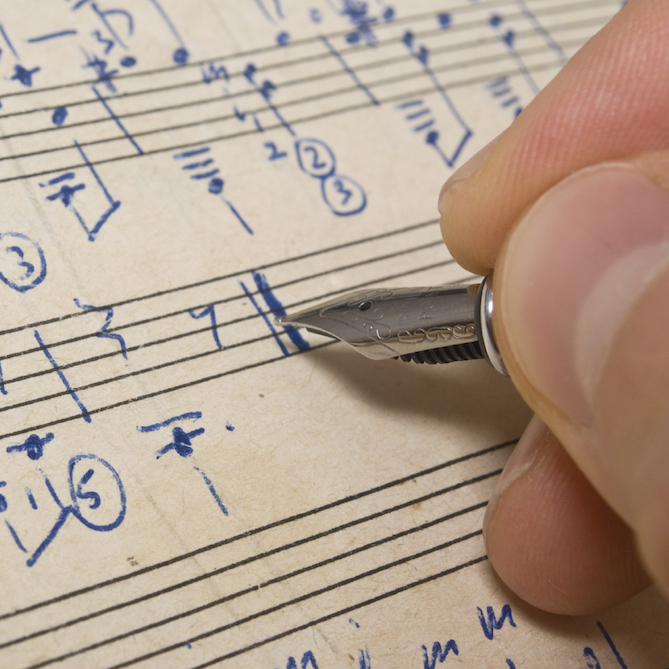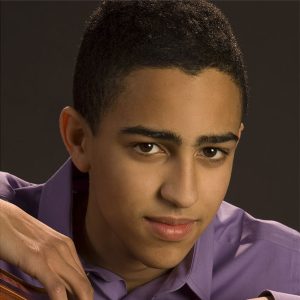
Composing and Playing Music: How Composing Helps Your Playing
Lev Mamuya
Composing one’s own music can prove to be a very valuable resource when it comes to interpreting the music of others, and vice versa. As a composing musician myself, I find that as I get more advanced in each field, each one’s development seems to promote the other’s. Through composing my own music I have not necessarily gained a greater technical facility, but a more complete understanding of the markings in the music that I play and a deeper appreciation of the composer’s intentions. The practice of putting in more detailed markings has developed over time.
The music of 20th century composers is generally more specific marking-wise than the music of the Baroque era in terms of what composers actually wrote into the music. For instance, the Debussy Cello Sonata is by far more specific with its written markings than say, the Bach Cello Suites.
With Baroque music, we have somewhat of an understanding of convention and rules concerning the style of the period, and that obviously influences the way we play music from that time, but markings specific to a piece are often absent or few and far in between. In the Bach Cello Suites, there are no dynamics written into each specific movement. As the centuries progressed composers wrote in more specific instructions for performers. Now, it is commonplace for composers to put in explicit instructions for performers for everything from dynamics to rubato. Some more modern, experimental music would be impossible to play without detailed markings, explanatory and otherwise. For instance, a quartet I played by György Kurtag, written in 1988, titled “Oficium breve in Memoriam Andreae Szervansky,” would have been impossible to play without detailed markings. The amount of detail put into the dynamics, which range from ppppp to ffff , the expressive markings, and the copious amounts of ritardandos and accelerandos provide basic information that is key to a good interpretation, of this intense, but somewhat alien piece.
Through my own compositions, I have come to realize how important dynamics, phrase markings, and expressive markings are to a composer. During my recent composition of a piece for oboe and strings called “The Eagle,” a 9/11 memorial piece inspired by the Alfred, Lord Tennyson poem, I realized how integral I felt my markings were to the structure of the piece. I feel like they complete my very detailed vision, and extreme deviation from said markings prevents the piece from sounding like I envisioned it. Realizing this has given me more empathy for the composers whose music is often played today. As a performer, it has become more clear to me that these markings are often far from optional, and we have a duty to the composer to follow the markings as closely as possible. That isn’t to say you shouldn’t have some artistic originality, but ultimately, the composer’s ideas are the framework of the piece and should be honored.
Composing is a great creative outlet, and something I would recommend every performer try in order to gain a greater appreciation of the complexities of composing, not to mention its other benefits, such as a better understanding of harmony, texture, and the interconnectedness of the different parts in chamber or orchestral works. The more meticulous I am with my markings when composing music, the more confident I am that the performers will be able to play the music as I envisioned it. I am NOT in any way discouraging artistic individuality, but it is very important to respect the composer’s intentions; even if detailed markings are a pain, to internalize, memorize, and execute, they are there for a reason.
Subjects: Pre-College
Tags: artistry, cello, cellobello, complexities, composers, composition, details, dynamics, harmony, individuality, influences, intentions, Interpretation, Lev, Mamuya, markings, music, resources, structure, Technique, textures, understanding, value, vision
